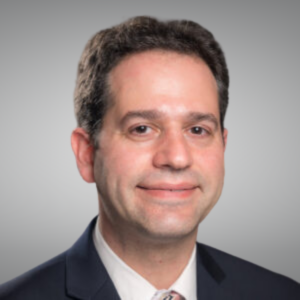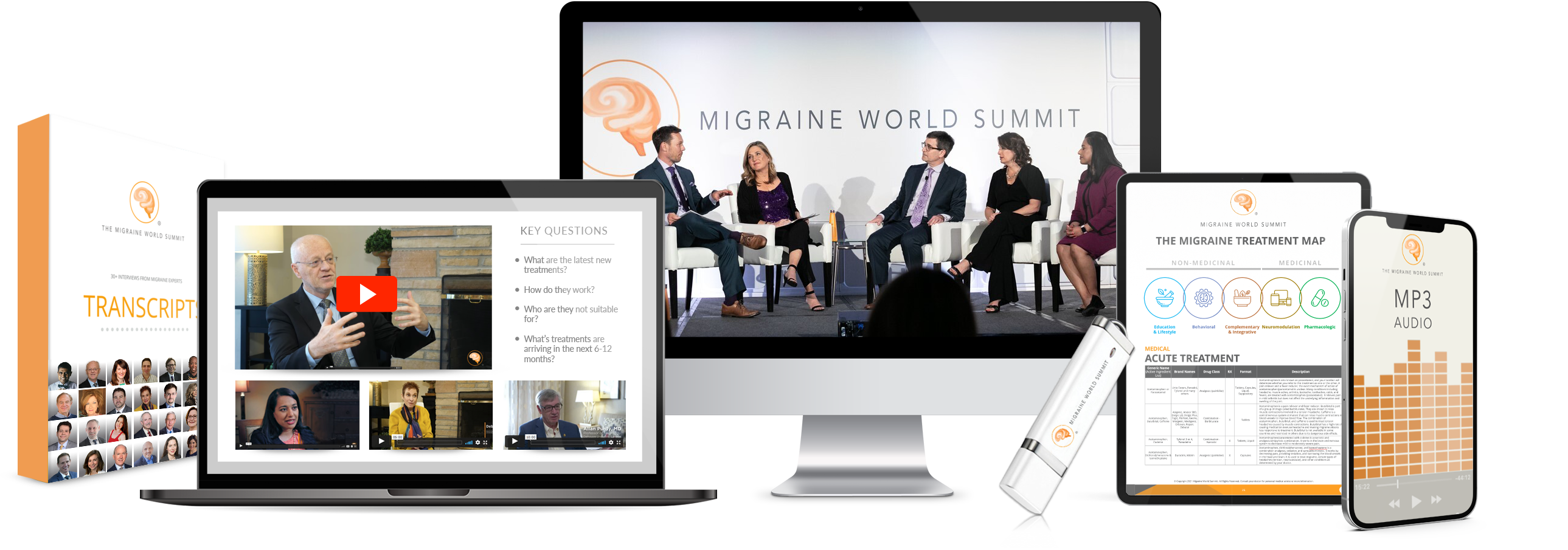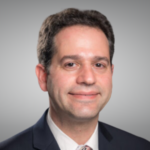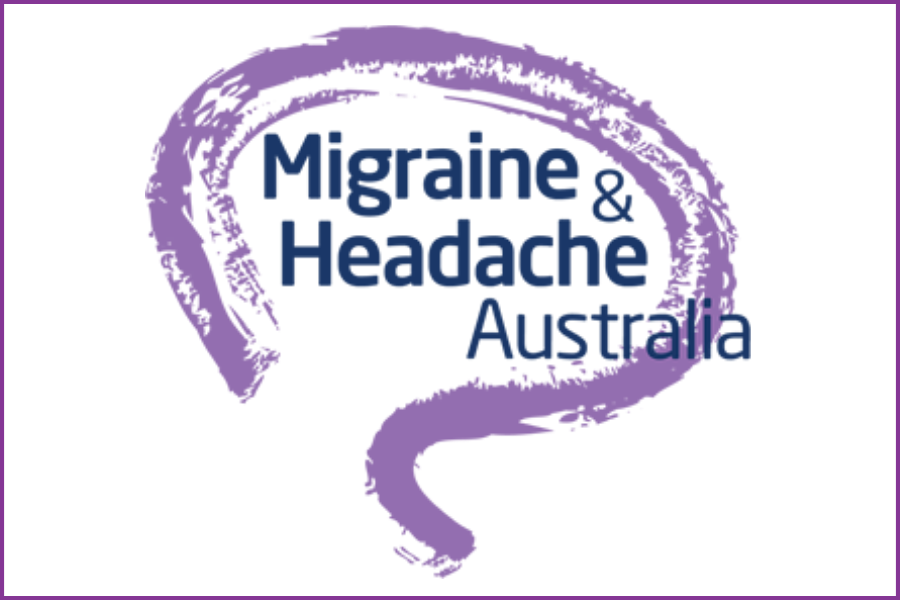Headache and Migraine in Later Life
You are currently watching a preview of this interview. Unlock the full version by upgrading to an Access Pass bundle! Get FREE access to 8 expert interviews from Day 1 and Day 2 when you register today!
Key Questions
- What are the most common headache disorders in people over the age of 50?
- How does migraine typically change in middle and older age?
- Is it true that migraine improves with age?
- Are triptans still safe for the older population with migraine?
- How common is it for an older person to get a new diagnosis of migraine?
- In someone with a history of migraine, what are some factors that might lead to increased frequency of attacks in middle age?
- What are some alternatives if triptans either stop working for someone, or become unsafe to use?
- How safe are some of the typical migraine medications for people older than 50?
- Why do some people with migraine become more or less responsive to their usual medications as they age?
- What are the risks of a long-term migraine history and the long-term medication use that may accompany it?
- Are the newer medications safe for older people with migraine?
- What nonmedicinal options exist for migraine after 50 years of age?
Interview Notes
-
- Management of headache in the elderly
- Dr. Robbins on Twitter: @mrobbinsmd
- Matthew Robbins, MD

Matthew Robbins, MD
Associate Professor of Neurology and Residency Program Director
Weill Cornell Medicine, NewYork-Presbyterian Hospital
Matthew S. Robbins, M.D., is the program director for the neurology residency and an associate professor of neurology at Weill Cornell Medicine and NewYork-Presbyterian Hospital. His clinical practice focuses on patients with migraine, cluster headache, new daily persistent headache, other headache disorders, CSF (cerebrospinal fluid) leaks, and visual snow. He has experience with patient care, teaching, and research for headache disorder treatments, including monoclonal antibodies, procedures such as botulinum toxin injections and peripheral nerve blocks, and neuromodulation devices. Dr. Robbins developed an academic career integrating patient care, education and mentorship, research, and advocacy for people with headache and other neurological conditions.
Previously, Dr. Robbins earned his B.S. from Yale University and his M.D. from SUNY-Downstate College of Medicine. He completed his neurology residency at the Albert Einstein College of Medicine/Montefiore Medical Center, where he was also a chief resident and then a Fellow in Headache Medicine at the Montefiore Headache Center. He served on the faculty at Montefiore-Einstein for nearly a decade, where he was an associate professor of neurology, chief of neurology at the Jack D. Weiler Hospital, and director of inpatient services for the Montefiore Headache Center.
He serves as president-elect of the NewYork Neurological Society and on the board of directors of the American Headache Society. In addition, he is passionate about advocacy, and is a graduate of the Palatucci Advocacy Leadership Forum of the American Academy of Neurology.

Purchase full access to the entire 2024 Summit. Includes:
- All expert interviews with separate audio (MP3) files & transcripts
- Lifetime on-demand access with no annual fee to 2024 Summit
- Interview Summaries
- Treatment Guidelines
- And much more!
Related Talks for: Day 4 (2021)
How An Integrative Approach Can Help Migraine
Deena Kuruvilla, MD, FAHS
Recovering From Trauma and Concussion
Morris Levin, MD
Yoga for Migraine: Does It Help?
Adriane Dellorco
Migraine & Headache Australia is the only organization in Australia that aims to support the more than 5 million Australians affected by headache and migraine. Headache Australia is a division of the Brain Foundation.
About a billion people around the world are affected by migraine. Many suffer from severe headaches, and others endure debilitating pain, blurred vision, and other side-effects, some for as many as 15 days a month or more. Teva has been providing treatments for diseases of the central nervous system for over thirty years. We are working to bring innovative treatments to those suffering from migraine and headache, as well as bringing greater awareness of the impact these conditions can have on peoples’ lives.
Elizabeth joins the interviewing cast of the Summit in addition to her roles managing educational content for people with migraine.







